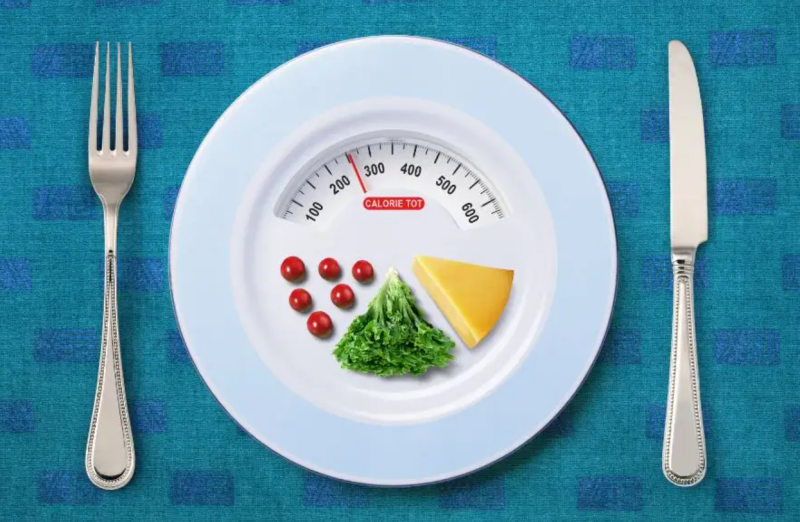
Would you like to know how to calculate your daily caloric expenditure? Some different techniques or formulas can help you. We will tell you about them in the following article.
What is caloric expenditure?
First, it is necessary to know what caloric or energy expenditure is. It is about the relationship between the amount of energy the organism needs and that we consume.
For the body to carry out all its metabolic processes, it requires a minimum of calories. Eating less than that amount will take from ‘reserves,’ and we will likely lose weight. On the contrary, if we eat more than necessary, we will accumulate what is left over, resulting in weight gain.
 Added to this, we cannot ignore the amount and type of activities a person performs daily, their age, their metabolism, and even their hormones. That’s right, since, for example, a teenager who plays sports can expend more calories than an adult who works in an office 10 hours a day.
Added to this, we cannot ignore the amount and type of activities a person performs daily, their age, their metabolism, and even their hormones. That’s right, since, for example, a teenager who plays sports can expend more calories than an adult who works in an office 10 hours a day.
Calculation of daily caloric expenditure
Why is it important to know about the daily caloric expenditure of calories? Because if we want to lose weight or gain weight, this information will be beneficial. Since each person needs a minimum of calories to fulfill their vital functions, it must be based on this calculation to at least reach that amount. The rest will depend on your particular goals.
There are several formulas to calculate daily caloric expenditure, the most ‘famous’ being that of Harris-Benedict:
- For women: 655 + (9.6 x weight in kilos) + (1.8 x height in centimeters) – (4.7 x age in years)
- For men: 66 + (13.7 x weight in kilos) + (5 x height in centimeters) – (6.5 x age in years)

From this information, we can calculate the person’s total daily caloric expenditure, depending on their physical activity. If you do not do any exercise, the result is multiplied x1.2; if you do light exercise (between one and three times a week), x1.375; if your level of training is moderate (between three and five times a week) x1.55; for athletes who exercise hard (six to seven days a week) x1.725 and for elite athletes x1.9.
Following the previous examples, suppose the woman goes to the gym three times a week. In that case, the count is 1396 x 1,375. The result is: 1919.5. If the man in the example exercises from Monday to Friday, the formula is completed as follows: 2025 x 1.55. The result is 3138.75
When the goal is to lose weight, you should consume fewer calories than the result of the formula. But if the goal is to increase muscle mass or gain weight, it would have to be the opposite (higher calorie intake).
We can also ‘play’ with daily caloric expenditure if we exercise more or choose a more demanding routine. This way, we do not have to eat less but move more. But of course, it is easier for some people to die than go to the gym. It all depends on the tastes of each one!